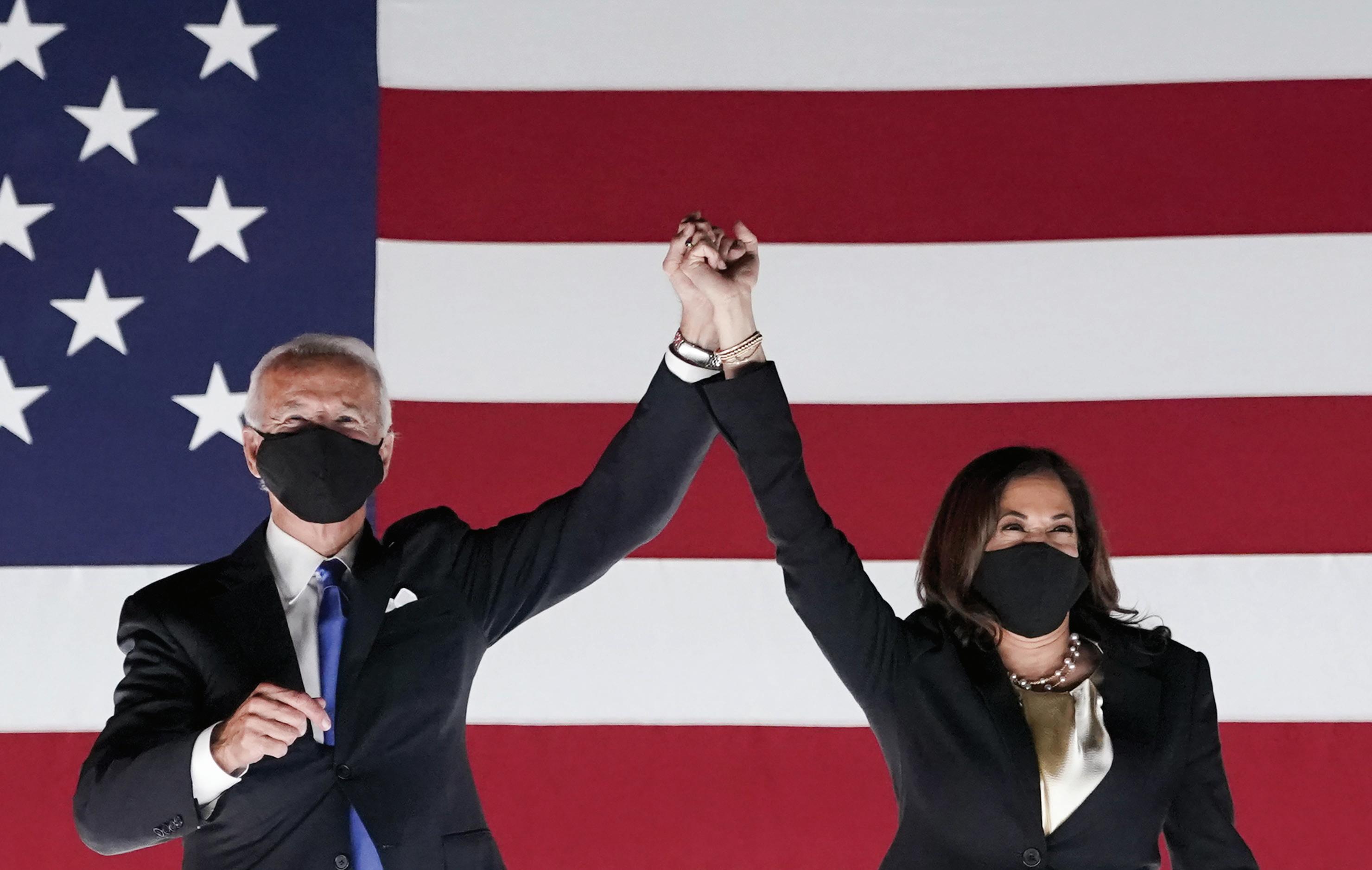
4 minute read
STARK INEQUALITIES
NEW RESEARCH SHOWS MULTIPLY MARGINALIZED POPULATIONS ARE HARDEST HIT BY IMPACTS OF COVID-19
By Madeleine Roberts, they/them pronouns
When the COVID-19 health crisis began in the U.S. in March, the Human Rights Campaign Foundation immediately recognized that the LGBTQ community would be severely impacted across many areas of life.
With that in mind, we quickly released an initial report, “The Lives and Livelihoods of Many in the LGBTQ Community are at Risk Amidst COVID-19 Crisis,” that clearly showed how LGBTQ people were more likely to be at risk of the pandemic’s economic and health consequences. More than 5 million LGBTQ people work in jobs that are more likely to be impacted by COVID-19. Moreover, LGBTQ people are more likely to live in poverty and are less likely to have health insurance, with 17% lacking coverage compared to 12% of non-LGBTQ adults. We knew that multiply marginalized folks like LGBTQ people of color and transgender and non-binary people could be at even greater risk. We knew that we needed more specific data about those communities to understand exactly how they were being impacted by COVID-19.
That’s why, since April, HRC Foundation has been partnering with PSB Insights, a global insights and analytics consultancy, to ensure that we have data that tell us more about the economic impact of this virus on multiply marginalized communities. As of the end of August, HRC released four reports in partnership with PSB.
The first, released soon after HRC Foundation’s initial report, confirmed HRC Foundation’s initial predictions that the COVID-19 crisis would have a greater economic impact on LGBTQ people. The report found that LGBTQ people were more likely than the general population to have had their work hours cut, were more likely to feel that their personal finances were negatively impacted by the pandemic and were more likely to be making changes to their lives, such as their household budgets, as a result of COVID-19. With this knowledge firmly in hand, PSB and HRC Foundation continued collecting data on whom within the wider LGBTQ community were being the hardest hit.
Unsurprisingly, HRC Foundation and PSB found that LGBTQ people who hold multiply marginalized identities are bearing the brunt of the economic impact of this virus. Three of the subsequent reports have analyzed the effects of COVID-19 on LGBTQ communities of color, on Black LGBTQ people specifically and on transgender people. All are more likely than their peers to have had their employment situations and family finances adversely impacted due to the pandemic.
“We know that multiply marginalized populations are at an increased risk of contracting the virus and suffering its effects,” said HRC President Alphonso David. “We must acknowledge that these communities face systemic biases that are placing them at greater risk. Understanding these data is the first step toward addressing these injustices as we think about and build toward recovery.”
Part of understanding the data also means looking at specific numbers that point out stark inequalities. 54% of transgender people and 58% of trans people of color have had their work hours reduced due to COVID-19, and 59% of transgender people and 67% of trans people of color are very concerned that they won’t be able to pay their bills on debt (other than mortgages). 36% of Black LGBTQ respondents have made changes to their household budgets.
These are communities that already face greater challenges and greater risks simply because of who they are. Facing the disproportionate burden of COVID-19 in addition is unacceptable.
“These numbers matter. They inform our decision-making as we create programs at HRC Foundation that ensure we are meeting the needs of our community. They also help us advocate for LGBTQ inclusion in government programs meant to provide relief during the pandemic,” said Ty Cobb, HRC Foundation’s senior director for strategic initiatives and research.
HRC Foundation has been advocating for many years in support of more inclusive data collection by federal, state and municipal entities. Now more than ever, we need to continue to push for LGBTQ-inclusive government data collection so that we can understand the impact of the pandemic on our community’s health. We need states across the country to follow in the footsteps of California, Nevada, Pennsylvania and the District of Columbia — jurisdictions that are starting to collect that critical data.
The need for better data collection on LGBTQ people is also why HRC is focusing on get out the vote efforts and mobilizing Equality Voters in key states across the country. We deserve to have pro-equality candidates in office who will fight to protect our entire community — but we need your help to make sure we elect a rainbow wave of candidates this year. One of those candidates is former Vice President Joe Biden, whose campaign has made data collection one of the top priorities in their LGBTQ plan. Check your voter registration and learn how to get involved in this year’s critical election in races up and down the ballot at hrc.org/vote.
HRC Foundation and PSB will continue to collect data on the impact of the pandemic on LGBTQ people and monitor how this pandemic is affecting all members of the community, and we will work to ensure our programs and advocacy are tailored to meet their needs. Stay informed at hrc.im/ COVID19Resources.










